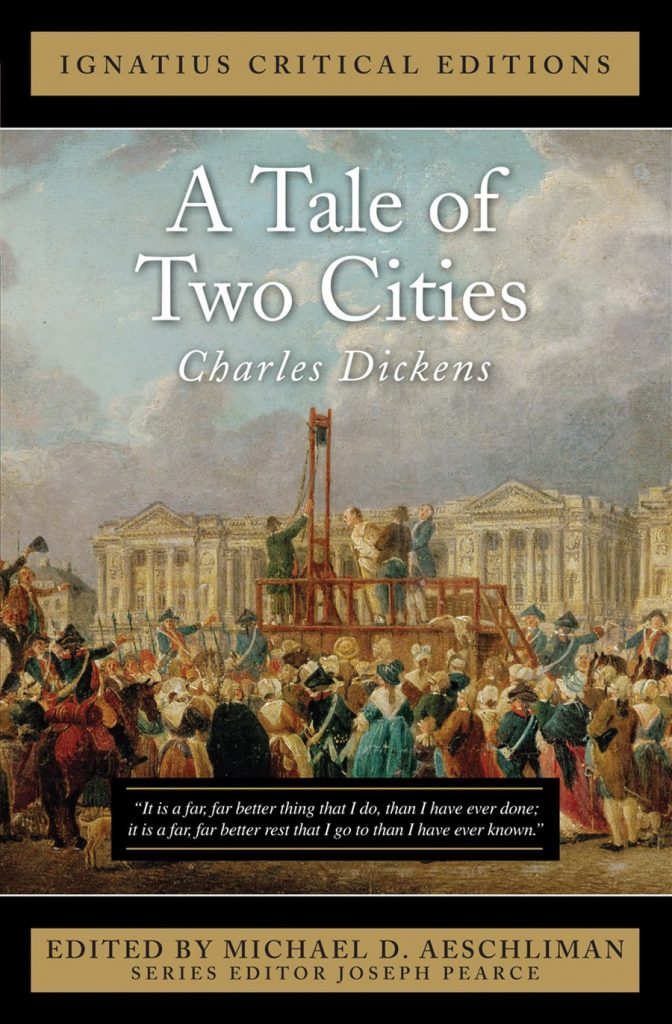

For instance, Darnay leaves for France to recall Gabelle, who could be executed any time, to life.

Evrémonde, an aristocrat who deserves to die.Īs Darnay's fate draws near, Dickens revisits the themes of resurrection and being buried alive. He does not realize, however, that the revolutionaries in France still view him as the Marquis St. Because he has renounced his property and name, he thinks of himself as a common man. Additionally, Darnay remains unaware of some of the dangers, such as Madame Defarge's register, awaiting him. Darnay embodies justice and duty, and although he is devoted to his family, his sense of responsibility forbids him to turn his back on Gabelle or on his country. Consequently, he writes letters explaining the situation to Lucie and Doctor Manette and then departs for France alone.Īlthough Darnay's secret departure from England for France where revolutionaries regularly imprison and kill aristocrats may seem foolish, he is acting in accordance with his nature. Idealistically, he even imagines that he might be able to calm some of the revolutionary fervor. Feeling guilty about Gabelle's imprisonment and about leaving some matters unfinished, Darnay resolves to go to France. When Darnay reads the letter, he is troubled to find it is from Gabelle, who has been imprisoned for acting as Darnay's steward. Darnay offers to deliver the letter to the Marquis. Evrémonde, unaware that they are speaking of Darnay. Evrémonde surfaces, several Frenchmen and Stryver make disparaging comments about the current Marquis St. Amidst the activity in the bank, Stryver loudly commiserates with French nobles. Lorry's impending trip to France, where he will manage Tellson's Paris office and try to salvage some property and papers for Tellson customers.

One afternoon at Tellson's, Darnay and Mr. France is still unsettled, however, and many members of the French upper classes who have fled to England use Tellson's as an information hub. Three more years have passed, and the French Revolution has succeeded in removing the royalty and aristocracy from power.


 0 kommentar(er)
0 kommentar(er)
